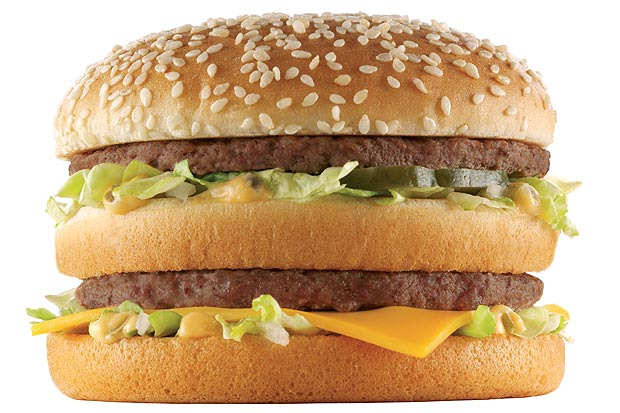Now that failed Education Commissioner Candice McQueen has moved on, speculation is swirling about who will become Bill Lee’s choice to lead education policy in the state.
A recent guest column in the Knoxville News Sentinel by former Knox County Schools Superintendent Jim “Big Mac” McIntyre reads like an audition for the role of Chief Voucher Advocate in the Lee Administration. After all, who better to foist vouchers on the unsuspecting masses than a former school district leader who now holds a cushy post at the University of Tennessee?
Big Mac’s argument for vouchers essentially boils down to saying this terrible, horrible, no good, very bad thing called vouchers will be here anyway, might as well warm up to it.
Umm, no.
But, I’ll not just paraphrase. Here’s some of what he has to say:
Since the adoption of a school voucher program in Tennessee now seems like a foregone conclusion (despite considerable opposition), I would suggest that as a state we at least pause to discern how such school voucher structures could include some modicum of fairness.
Here’s the key problem: Big Mac assumes Tennessee will somehow magically invent a new, better way to go about structuring and implementing vouchers.
He’s wrong.
Voucher schemes have been tried in various states with differing approaches. The evidence suggests they simply don’t work. At all. In fact, they can at times be harmful to the very students they are intended to help.
Here’s more:
Kevin Carey writes in the New York Times:
The first results came in late 2015. Researchers examined an Indiana voucher program that had quickly grown to serve tens of thousands of students under Mike Pence, then the state’s governor. “In mathematics,” they found, “voucher students who transfer to private schools experienced significant losses in achievement.” They also saw no improvement in reading.
The next results came a few months later, in February, when researchers published a major study of Louisiana’s voucher program. Students in the program were predominantly black and from low-income families, and they came from public schools that had received poor ratings from the state department of education, based on test scores. For private schools receiving more applicants than they could enroll, the law required that they admit students via lottery, which allowed the researchers to compare lottery winners with those who stayed in public school.
They found large negative results in both reading and math. Public elementary school students who started at the 50th percentile in math and then used a voucher to transfer to a private school dropped to the 26th percentile in a single year. Results were somewhat better in the second year, but were still well below the starting point.
In June, a third voucher study was released by the Thomas B. Fordham Institute, a conservative think tank and proponent of school choice. The study, which was financed by the pro-voucher Walton Family Foundation, focused on a large voucher program in Ohio. “Students who use vouchers to attend private schools have fared worse academically compared to their closely matched peers attending public schools,” the researchers found. Once again, results were worse in math.
While Big Mac offers lip service to the cause of “fairness,” it’s not at all fair to use tax money intended to support our state’s public schools to prop up private schools of questionable efficacy. Our state already chronically underfunds public schools and we’ve failed to move the needle on this front during the Haslam Administration. Now, with the help of former school district leaders like McIntyre, Bill Lee wants to exacerbate the problem by diverting some of our education dollars to a scheme proven to fail in state after state.
In fact, an analysis of a small voucher pilot that expanded into a statewide program in Indiana indicates that the unintended costs of vouchers to public schools could be quite high:
To put that state’s program growth into perspective, 3 percent of Tennessee’s student population would be 29,936. The Tennessee voucher district would be the 8th largest district in the state, just larger than Sumner County and slightly smaller than Montgomery County. And, if our experience is at all like Indiana’s, about half of those students will never have attended a public school.
Nearly 15,000 students who never attended public school suddenly receiving vouchers would mean a state cost of $98 million. That’s $98 million in new money. Of course, those funds would either be new money (which is not currently contemplated) or would take from the state’s BEP allocations in the districts where the students receive the vouchers.
Tennesseans should not be surprised if Big Mac moves from guest columnist and UT professor to top candidate for Education Commissioner in the coming weeks. We should also be wary of his seemingly charming advocacy for vouchers cloaked in edu-buzzwords like “access” and “equity.”
Tennessee students don’t need vouchers, they need policymakers committed to investing in our schools and supporting our teachers.
For more on education politics and policy in Tennessee, follow @TNEdReport
Your support makes education news possible!
